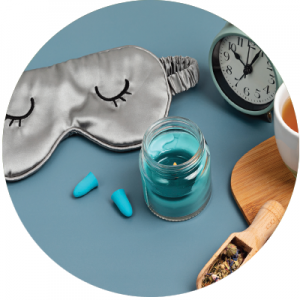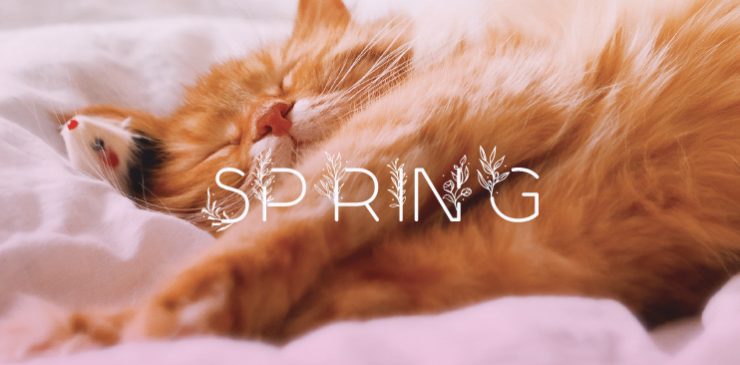Studies demonstrate that people with an SCI have more difficulty falling asleep, have more frequent awakenings during the night, are more often prescribed sleeping pills, take more naps and snore more (quadriplegics tend to have more sleeping problems than paraplegics).
Factors that affect our sleep include anxiety, sedentary lifestyle, pain, changes in circadian sleep cycles and melatonin production, medications, spasticity and night time bladder management and/or turning in bed.
This lack of sleep can make us more vulnerable to stress and the development of diabetes, heart problems, sleep apnea, depression, fatigue, weight gain, reduced ability to concentrate, pay attention and remember new information.
So, what’s food got to do with a good night’s sleep? Lots! Here are several nutritional tips to help you sleep well and feel re-charged!
Eat Foods High in Tryptophan
This amino acid helps produce melatonin, the neurotransmitter that helps you sleep. Be sure to include these foods in your regular diet: crimini mushrooms, salmon, cod, turkey, tuna, chicken, spinach, lamb, grass fed beef and sardines.
Increase Foods High in Calcium & Magnesium
 These minerals can have a sedative effect on the body. Be sure to eat a variety of these foods every day: spinach, kale, swiss chard, pumpkin seeds, broccoli, basil sunflower seeds, sesame seeds, quinoa, salmon and almonds.
These minerals can have a sedative effect on the body. Be sure to eat a variety of these foods every day: spinach, kale, swiss chard, pumpkin seeds, broccoli, basil sunflower seeds, sesame seeds, quinoa, salmon and almonds.
Stabilize Blood Sugar Levels
- Nocturnal hypoglycemia can occur when your blood sugars drop in the evening and the body naturally switches into alert mode, thus negatively impacting sleep. To help balance blood sugar levels:
- Do not skip meals.
- Avoid refined sugar and carbohydrates, which cause blood sugar spikes and crashes.
- Try and have protein and a complex carbohydrate at every meal.
- Stop eating 2 hours before bed.
- Avoid/Reduce Alcohol & Caffeine
- Alcohol impairs the transport of tryptophan into the brain, which is needed to make melatonin. It also causes the release of adrenalin, which will likely cause you to feel alert. Once broken down, alcohol can also spike blood sugars and can cause you to wake up in the night. Caffeine contributes to sleep disturbances because it stimulates the body’s stress response by producing the stress hormones adrenaline and cortisol. If you cannot live without caffeine, try to drink it before noon as your body needs several hours to completely eliminate it. Also be mindful of other foods and drink that may contain caffeine, including black/green tea, chocolate and pop.
Identify and Avoid Food Allergies & Sensitivities
Insomnia can be a symptom of food allergies and/or sensitivities. By eliminating commonly known allergenic foods such as dairy and gluten for 2 weeks, you may not only notice changes in sleep, but improvements in other symptoms.
Other Snooze Strategies
Maintain a regular bed/wake time schedule – this will help to regulate and strengthen your internal sleep/wake clock.
Limit evening screen time – exposure to light from screens interferes with melatonin production.
Create a healthy sleep environment – rooms that are cool, dark and quiet are more conducive to sound sleep
Exercise regularly – research shows that moderate exercise, especially in the early evening for people with an SCI has a positive effect on sleep.

Joanne Smith is a dietitian specializing in nutrition for people with disabilities, and owner of Fruitful Elements, fruitfulelements.com






